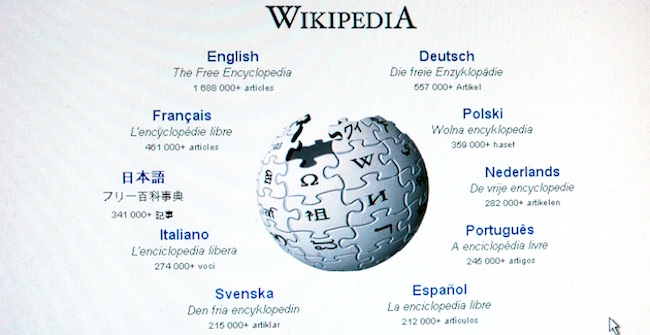Wikipedia rejects expert and keeps the untruth
HOW does Wikipedia work? Timothy Messer-Kruse had a got at updating the Wiki page on the 1886 Haymarket riot. He’s written two books on the Riot. You might say he’s an expert. Messer-Kruse wanted to make a correction. Only, he’s not a Wikipedia expert. So. His update was erased. The error stays.
I had cited the documents that proved my point, including verbatim testimony from the trial published online by the Library of Congress. I also noted one of my own peer-reviewed articles. One of the people who had assumed the role of keeper of this bit of history for Wikipedia quoted the Web site’s “undue weight” policy, which states that “articles should not give minority views as much or as detailed a description as more popular views.” He then scolded me. “You should not delete information supported by the majority of sources to replace it with a minority view.”
The “undue weight” policy posed a problem. Scholars have been publishing the same ideas about the Haymarket case for more than a century. The last published bibliography of titles on the subject has 1,530 entries. “Explain to me, then, how a ‘minority’ source with facts on its side would ever appear against a wrong ‘majority’ one?” I asked the Wiki-gatekeeper. … Another editor cheerfully tutored me in what this means: “Wikipedia is not ‘truth,’ Wikipedia is ‘verifiability’ of reliable sources. Hence, if most secondary sources which are taken as reliable happen to repeat a flawed account or description of something, Wikipedia will echo that.”
Rebecca J. Rosen offers a limited defense:
If Wikipedia hesitated to change its article ahead of the scholarly consensus, that is an artifact of academia’s own inability to quickly adopt a new consensus, not a failing of Wikipedia.
Spotter: Andrew Sullivan
Posted: 20th, February 2012 | In: Technology Comment (1) | TrackBack | Permalink



